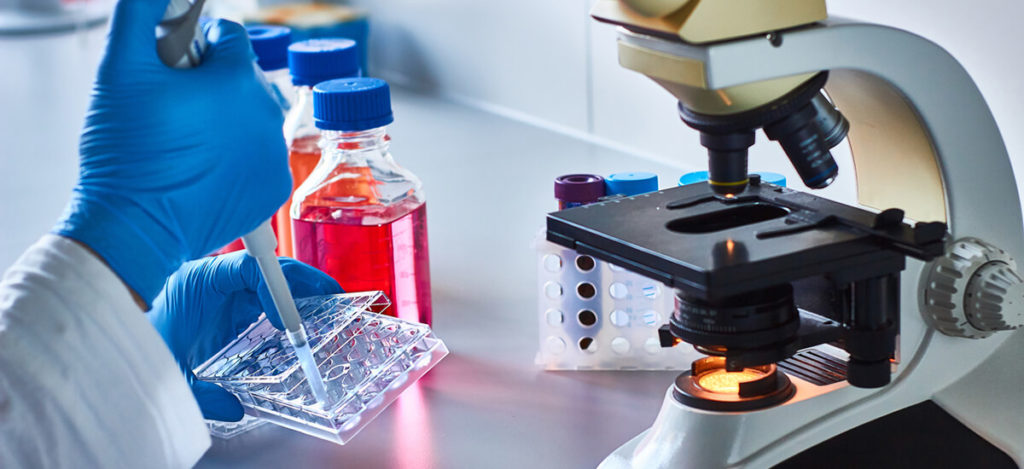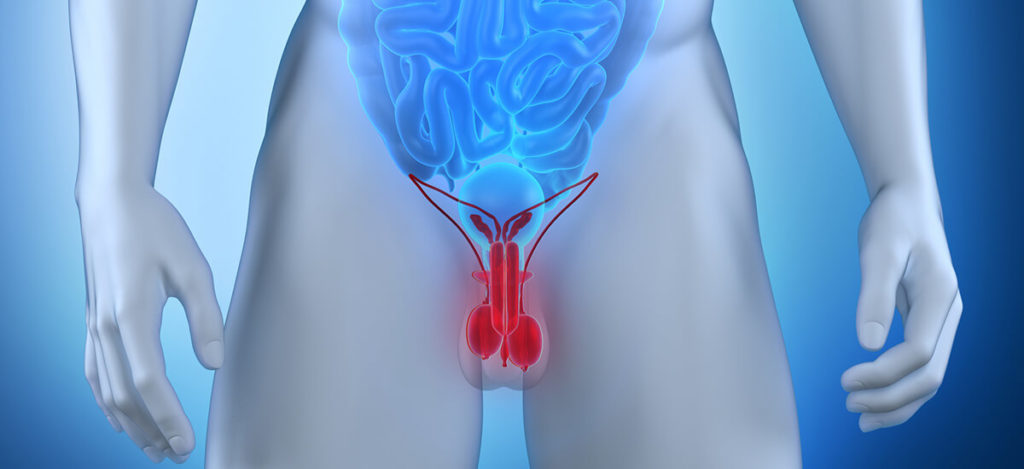RATIONALE: Lycopene, a substance found in tomatoes, may lower prostate-specific antigen (PSA) levels and slow or prevent the development of prostate cancer.
RATIONALE: Lycopene, a substance found in tomatoes, may lower prostate-specific antigen (PSA) levels and slow or prevent the development of prostate cancer. PURPOSE: Phase II trial to study the effectiveness of lycopene in treating patients who have asymptomaticmetastatic prostate cancer and a rising PSA level. Condition:- stage IV prostate cancer- recurrent prostate cancer Study Type: InterventionalStudy Design: Treatment Official Title: Phase II Study of Lycopene in Patients With Asymptomatic Androgen-Independent Metastatic Prostate Cancer Who Have an Elevated Prostate-Specific Antigen Level Further Study Details: OBJECTIVES: PrimaryDetermine the percentage of patients with asymptomatic androgen-independent metastatic prostate cancer and an elevated prostate-specific antigen (PSA) level who sustain a decline in PSA after 4 months of treatment with lycopene. SecondaryDetermine the response duration of PSA decline in patients treated with this therapy. Determine the time to the first consistent PSA increase in patients treated with this therapy. Determine whether a decline in PSA coincides with evidence of disease regression on physical examination or radiographic assessment in patients treated with this therapy. Determine the adverse event profile of this therapy in these patients. Determine the factors that motivate prostate cancer patients to enroll in a nutritional-based therapy study. OUTLINE: This is a multicenter study.Patients receive oral lycopene twice daily on days 1-28. Courses repeat every 28 days for at least 4 months in the absence of disease progression or unacceptable toxicity. Patients are followed every 3 months until disease progression and then every 6 months for up to 5 years.PROJECTED ACCRUAL: A total of 40 patients will be accrued for this study within 1 year. Eligibility Ages Eligible for Study: 18 Years and above, Genders Eligible for Study: Both Criteria DISEASE CHARACTERISTICS:Diagnosis of androgen-independent prostate cancer Asymptomatic metastatic disease Unlikely to become symptomatic within the next 4 months No bone pain, shortness of breath, fatigue, or urinary symptoms directly attributable to prostate cancer Radiologic, physically palpable, and/or biochemical evidence of tumor progression after prior orchiectomy OR during treatment with a luteinizing hormone-releasing hormone (LHRH) agonist OR after initiation of another hormonal agent Sustained prostate-specific antigen (PSA) elevation, defined by the following: PSA greater than 5 ng/mL At least 2 consecutive increases in PSA at least 1 week apart Sustained increase in PSA at least 4 weeks after discontinuation of prior flutamide (or other antiandrogen therapy) or megestrol AND at least 6 weeks after discontinuation of prior bicalutamide No known CNS metastases or carcinomatous meningitis PATIENT CHARACTERISTICS: Age18 and over Performance statusECOG 0-2 Life expectancyAt least 12 weeks HematopoieticNot specified HepaticBilirubin no greater than 1.5 mg/dL* NOTE: *Includes patients with liver involvement secondary to tumor RenalSee Disease Characteristics Creatinine no greater than 2 times upper limit of normal PulmonarySee Disease Characteristics OtherNo other malignancy within the past 5 years except basal cell skin cancer No medical or psychiatric condition that would preclude study participation PRIOR CONCURRENT THERAPY: Biologic therapyMore than 4 weeks since prior immunotherapy ChemotherapyMore than 4 weeks since prior chemotherapy No concurrent chemotherapy Endocrine therapySee Disease Characteristics More than 4 weeks since prior hormonal therapy (other than an LHRH agonist) No concurrent corticosteroids No concurrent progestational agents No concurrent new hormonal therapy RadiotherapyNo concurrent radiotherapy, including radiotherapy for new bone disease SurgerySee Disease Characteristics OtherMore than 4 weeks since other prior anticancer therapy No other concurrent investigational anticancer agents No other concurrent alternative medicine therapies (e.g., saw palmetto or PC-SPES)[1] Aminah Jatoi, MD, Study Chair, Mayo Clinic Cancer Center [2] Patrick A. Burch, MD, Mayo Clinic Cancer Center [3] Joanne M. Vanyo, MSN, North Central Cancer Treatment Group
All content and media on the HealthEngine Blog is created and published online for informational purposes only. It is not intended to be a substitute for professional medical advice and should not be relied on as health or personal advice. Always seek the guidance of your doctor or other qualified health professional with any questions you may have regarding your health or a medical condition. Never disregard the advice of a medical professional, or delay in seeking it because of something you have read on this Website. If you think you may have a medical emergency, call your doctor, go to the nearest hospital emergency department, or call the emergency services immediately.







